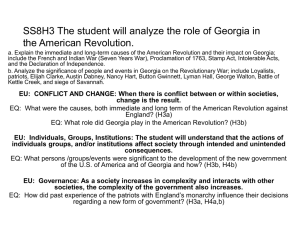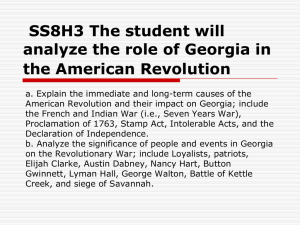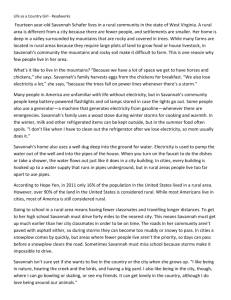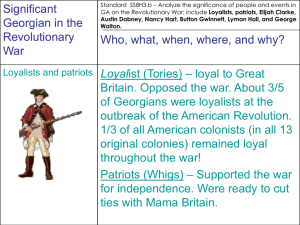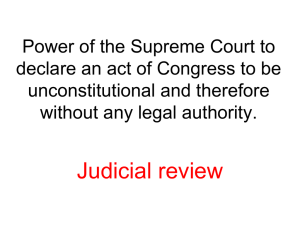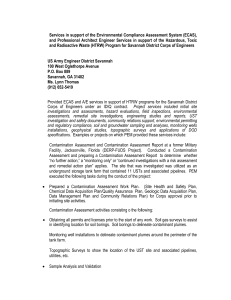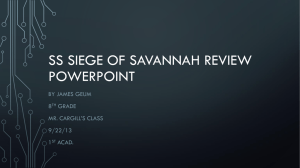Battle of Kettle Creek
advertisement
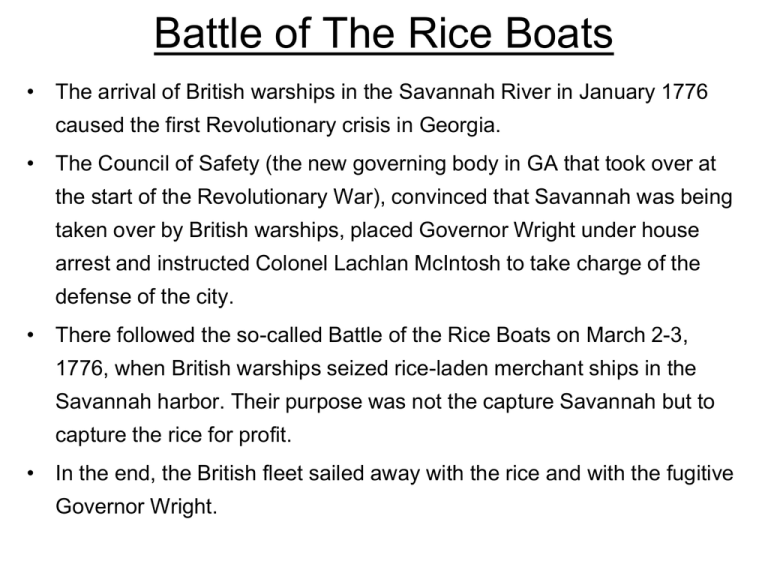
Battle of The Rice Boats • The arrival of British warships in the Savannah River in January 1776 caused the first Revolutionary crisis in Georgia. • The Council of Safety (the new governing body in GA that took over at the start of the Revolutionary War), convinced that Savannah was being taken over by British warships, placed Governor Wright under house arrest and instructed Colonel Lachlan McIntosh to take charge of the defense of the city. • There followed the so-called Battle of the Rice Boats on March 2-3, 1776, when British warships seized rice-laden merchant ships in the Savannah harbor. Their purpose was not the capture Savannah but to capture the rice for profit. • In the end, the British fleet sailed away with the rice and with the fugitive Governor Wright. Battle of Kettle Creek • • • • When? Battle took place on February 14, 1779 Where? outside of Washington, Georgia Who wins? Georgia (patriot)/US victory Other details: – Battle is led by Colonel Elijah Clarke – The Patriots defeated a force of more than 800 British troops – Minor battle when compared to other battles of the Revolution – It was important because the militia was able to take weapons and horses from the British soldiers, and this lifted the spirits of the Georgia militia Battle of Kettle Creek • Why are Elijah Clarke and Austin Dabney important? – Gen. Elijah Clarke is shot off of his horse and injured badly – Austin Dabney, a black soldier fighting with Clarke, gives Clarke his own horse so Clarke can resume command of his troops. • Dabney only fought because his master Richard Aycock asked if his slave, Dabney, could take his place. • Because of Dabney’s bravery, he is given money by the US government to purchase his freedom with, is given a land grant of 50 acres of land (and another grant of over 100 acres later in life), and is given a pension from the US govt. from which to live off of for the rest of his life. – Lots of drama is GA as to whether or not to give free land to Dabney, a former slave, despite his heroic actions in battle. The Siege of Savannah • • • • • • • • Battle took place on October 9, 1779 in Savannah, GA British victory Led by General Benjamin Lincoln A French fleet of twenty-five ships and nearly 4,000 soldiers under the command of Charles Henri Comte d’Estaing arrived near Savannah in September 1779 to help the patriots kick out the British who controlled Savannah at that time Only 45 minutes More than 1,000 Patriot fighters (821 of whom were French) died Only 40 British soldiers died Savannah would remain in British control for the next 3 ½ years.

